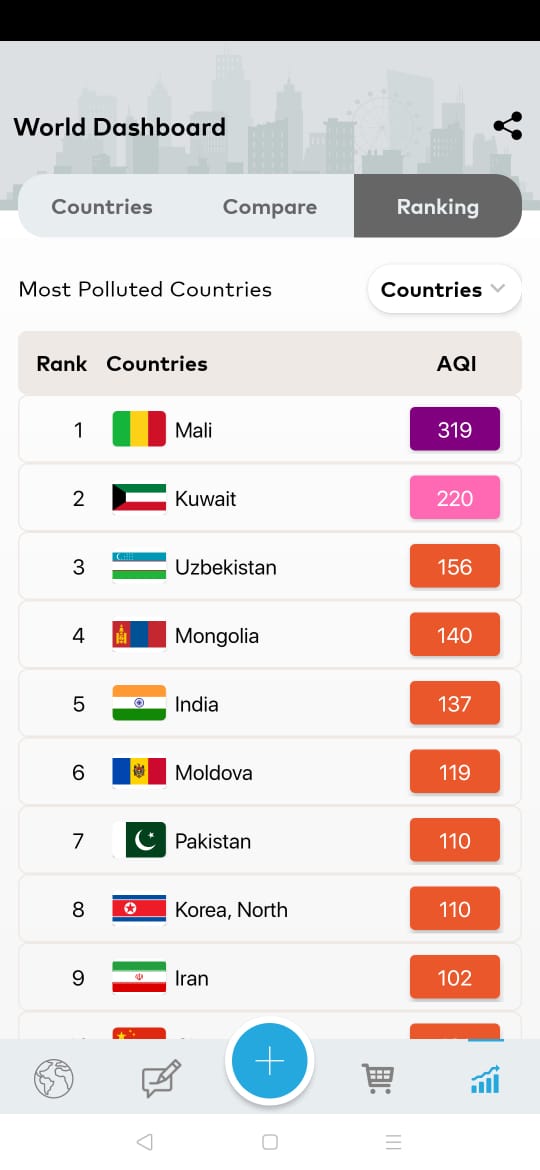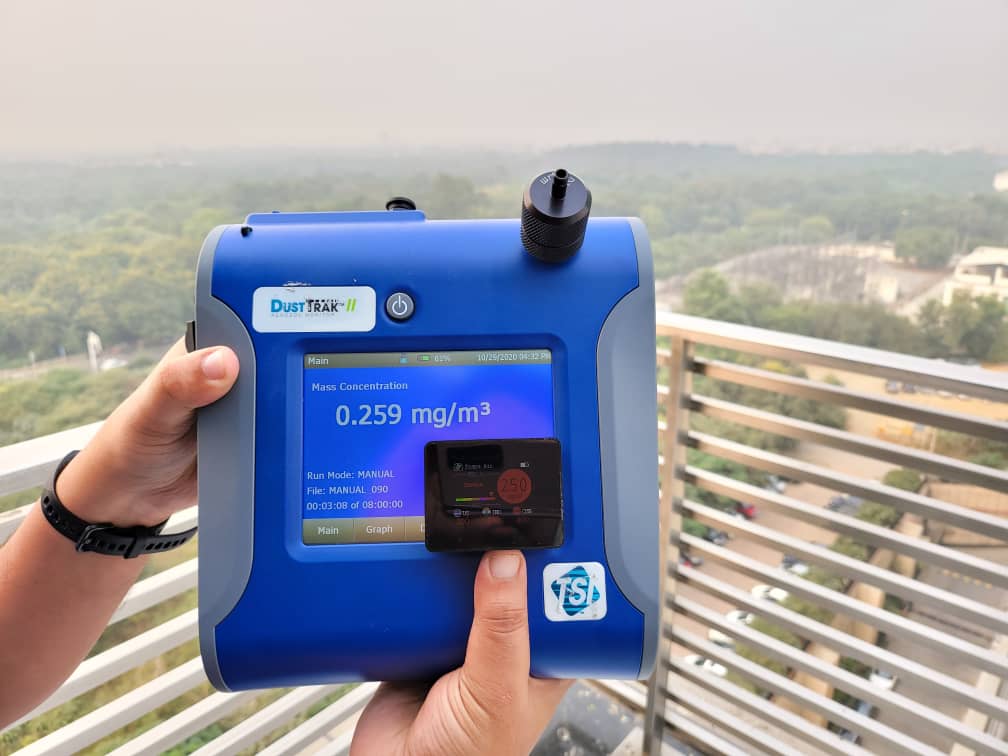The Union Environment Ministry, in a landmark decision, has constituted a legislative commission dedicated to air pollution. The government formally presented the decision in an ordinance on Thursday, and it now awaits perusal and mandate from the honourable Supreme Court. According to the ordinance, the Commission for Air Quality Management in the National Capital Region and Adjoining Area will substitute the pre-existing 22-year old Environment Pollution (Prevention & Control) Authority (EPCA). This commission for air pollution will have the suo moto authority at the time of disputes. Thus, we decided to delve into the path-breaking verdict.
What inspired the need for a special commission for air pollution?
EPCA was commissioned in 1998 under Section 3 of the Environment (Protection) Act, 1986. MoEF&CC consolidated this authority for protecting and improving the quality of the environment. Moreover, it was formed for preventing, controlling, and abating environmental pollution in the National Capital Region (NCR).
It has been responsible for many notable interventions for pollution control since its inception. These include setting-up of standards for SO2 and NOx for 23 industrial sectors, the imposition of Environment Compensation Charge on old polluting trucks, introducing remote sensing technology for on-road emissions, and phasing-in BS-VI fuel and emission standards early. They also formulated the Graded Response Action Plan (GRAP) and Comprehensive Action Plan (CAP) as recent remedial strategies to counter air pollution.
However, the 8-member authority has limited powers. It does not have legislative or judicial dominance. It is also constricted in terms of coordination with other states.
According to AQI-India app rankings, India stands in the fifth position among the world’s most polluted countries. This ranking reflects the poor implementation of air laws. Thus, there is an emerging need for a strong authority that can affirm conclusive results.

India stands at fifth position among the world’s most polluted countries. Screenshot of real-time data via AQI India app accessed on Oct 30, 2020.
The objective of the Commission for Air Quality Management in the NCR and Adjoining Area
Commission for Air Quality Management in the NCR and Adjoining Area will be operative in the states of Delhi, Uttar Pradesh, Haryana, Punjab, and Rajasthan.

Levels of PM2.5 in the ambient air as taken on Oct 29, 2020, at 4:30 p.m. in Rohini, Delhi.
The Commission would work with the sole objective of amelioration of the air pollution scenario in the constituting states. Therefore, it would dedicate itself to the prevention, control, and mitigation of air pollution.
What will be the composition of this commission for air pollution?
The 26-member committee shall have a diverse representation of veteran officials from various eminent organizations. It will be an increase from the previous committee with just eight members. This is to ensure an unbias and process-oriented decision making.
This faction will include a Chairperson and a Secretary who will lead the team. It will also contain 7 associate members from different ministries and representatives from the five states. Members from three NGOs working for air quality, and technical members from CPCB, ISRO and NITI Aayog will also join the committee. Three independent air quality experts will also add to the heterogeneity of the mix.
What will be its powers?
Unlike EPCA, this committee for air pollution will hold the ultimate powers in all the cases that involve air pollution. The responsibility to make decisions will not remain dispersed among CPCB, SPCB/PCCs, or any other organization. Moreover, it will dissolve the complex proceedings of the cases and enable fast-track verdicts. Some of their special powers include-
- Implementation of programmes and policies like the National Clean Air Programme, National Air Quality Monitoring Programme, and National Ambient Air Quality Standards.
- Formulation of parameters related to air quality, emissions, and discharge of pollutants.
- Powers to search and seize any dubious industries under the Code of Criminal Procedure, 1973. It can even issue warrants if required.
- Authority to shut down or regulate the supply of electricity and water in the industries or sites that pollute the air.
- Powers to take up matters suo moto or based on complaints. Therefore, if any dispute arises, the commission’s writ shall prevail.
- Non-compliance or contravention will result in defaulters with imprisonment of up to 5 years or fine which may extend up to 1 crore or both.
What are our thoughts?
We welcome the decision of the central government. It streamlines with our vision of a sustainable future with fresh and pure air for everyone. This new commission for air pollution would open doors for meaningful research and experimentation in the field of air quality and monitoring. It can consequentially result in an increase in innovation and more effective policy-making. Moreover, the initial conceptualization favours better enforcement of laws and policies.
However, bureaucrats dominate the constitution of the committee. The legislative framework of India gives them an upper hand over other members which may prove to be a deterrent. A democratic appointment, homogenous distribution of powers among the members, veto powers to the technical members, and a citizen-driven movement can effectively resolve the underlying issues.
For real-time air quality data, visit our website.
This post is also available in:
![]() Global
Global ![]() IND English
IND English ![]() UK English
UK English ![]() US English
US English